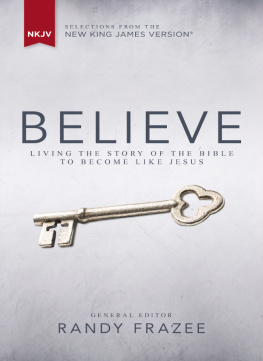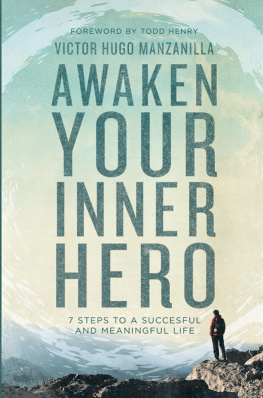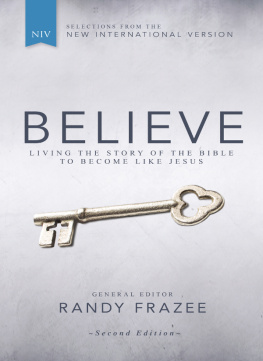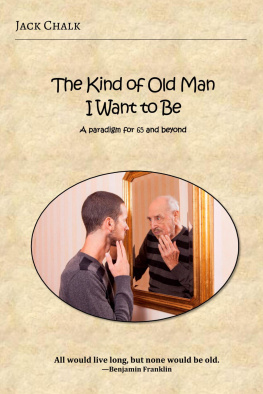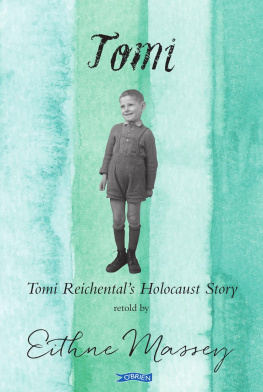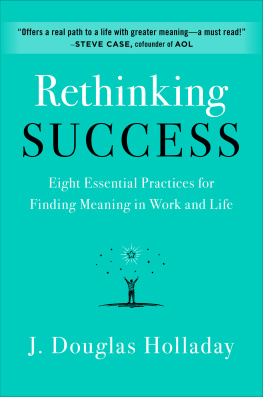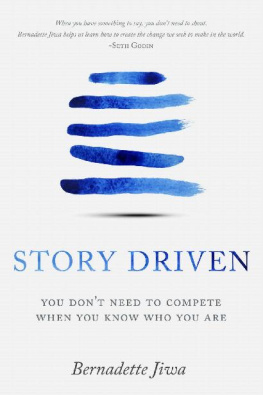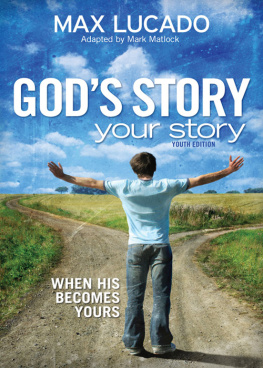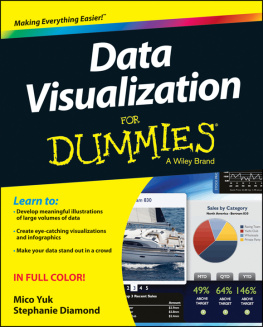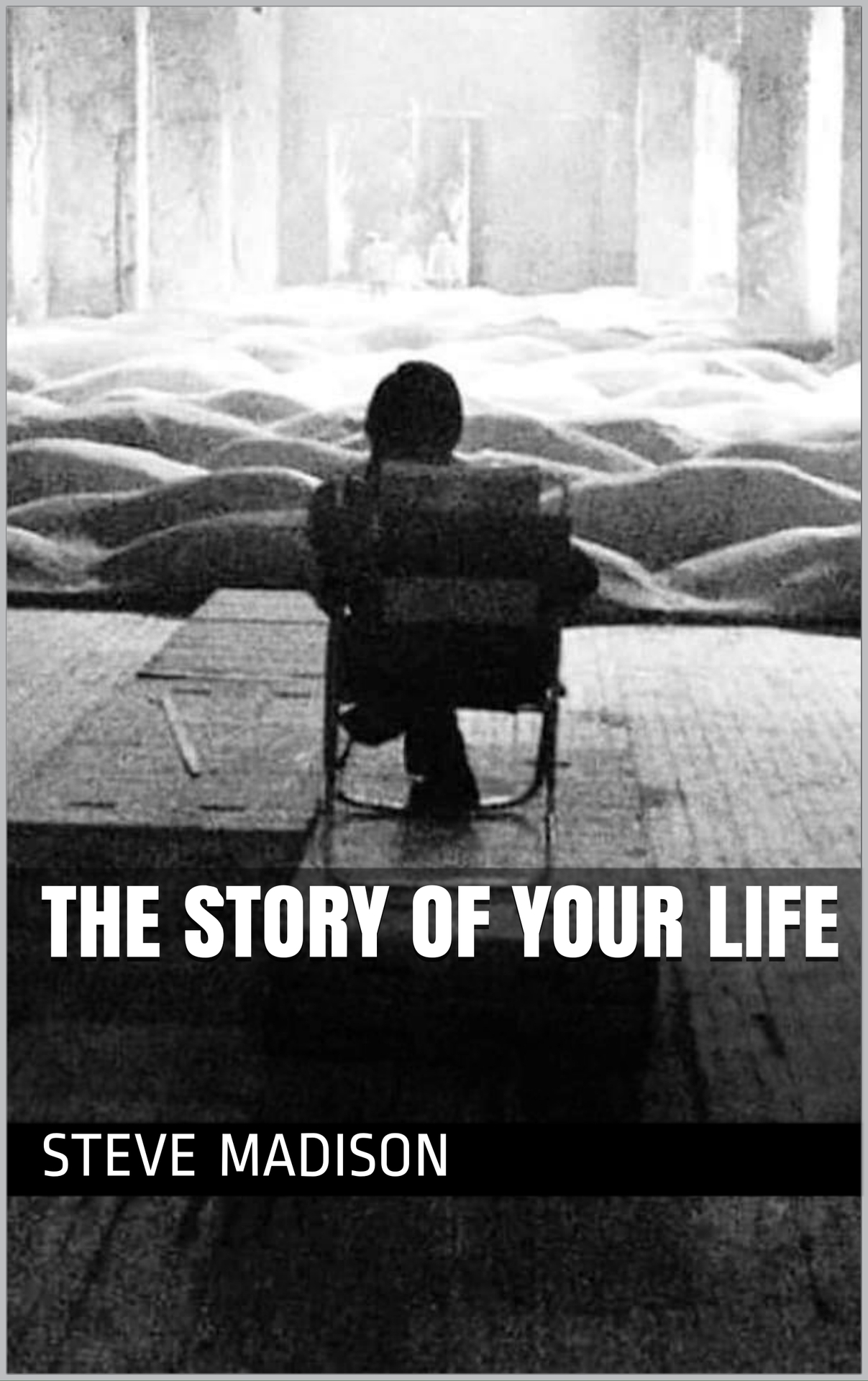The Story of Your Life
Steve Madison
Copyright Steve Madison 2020
All rights reserved.
Table of Contents
Lights, Cameras, Actions
A nd so the time has come for you to tell the story of your life. How will you do it? A straightforward, linear narrative? Perhaps you will adopt an experimental approach. Do you aim to produce something of great artistic merit? Will you tell the story simply, or do you want to convey something complex and beguiling? Will you be scrupulously truthful, or do you intend to embroider the facts and events? Perhaps you want to present a fantasy version of your life rather than the real thing. Perhaps you want others to admire you and respect you, so you will censor all the unsavory and disreputable things you did. You definitely wont be presenting a warts and all account. Or maybe you want people to know exactly who you are, so you will tell it exactly as it is. You will show the world your true self and they can take it or leave it.
What kind of audience do you want? Do you seek people of refinement and the highest taste, or are you eager for the masses to crowd in to hear your tale? Are you an elitist or a populist? Do you want to have as large an audience as possible or as select an audience as you can find? Is quality better than quantity? Will you produce a crowd-pleasing thriller, or a high-minded meditation? Perhaps a horror story captures the essence of your life, or a sci-fi, or a western, or a rom-com. It is more tragedy than comedy, or did the laughs and fun times flow thick and fast?
There are so many factors to consider. A life is not an easy thing, and its telling is even harder.
Story People
W e are all story people. Why? Because we use manmade languages that are designed for telling stories, designed to put each of us at the center of our own story, and our nations story at the heart of our understanding of the worlds story.
We all have a readymade protagonist the Ego, I. We follow ourselves around all day long, narrating our own adventures, and often telling them to others. We dont go to bars to do science, mathematics and philosophy. We go to bars to sit down with our friends, have a drink and tell each other stories. We might discuss our adventures at work, or on vacation, or during play, or dredge our past for highlights, for flashbulb memories. We all have our funny and weird anecdotes stored away for use as the alcohol flows. The stronger the alcohol, and the more of it we drink, the more lurid and exaggerated our tales become to the great amusement of our friends. The more candid we are, the better our friends like us.
We might discuss the political stories of the day, or whats on the TV. We might discuss the new box sets, the big movie releases, the latest songs, the newest celebrities. Its one story after another. In fact, its nothing but stories. All through society, the same question is asked, Whats the story?
Everything has to be turned into a narrative to create understanding. Why are science, mathematics and philosophy so hard for most people? Its because they cant be converted into stories. They lack story structure and logic. They dont engage the emotions. They dont rely on faith and mysticism. They arent about fables and parables and allegories and metaphors.
Humans understand the world via stories. What are myths, legends and religions if not stories? Jesus Christ told stories. He certainly didnt write mathematical equations. Mohammed, an illiterate, dictated a book of stories. He didnt teach science. Moses went up a mountain and brought back a tablet of ten commandments, not a book of Leibnizian and Hegelian philosophy. He didnt mention quantum mechanics.
Stories shape us as individuals. They also shape societies and nations. Every nation has its national myths that define the national character. What is the American Dream? Its the defining driver of America. The American Dream isnt a dream of becoming a nation of geniuses, a people of the highest quality. It isnt about making America Ground Zero of science, mathematics and philosophy. The American Dream is about the individual becoming stinking rich and living in unparalleled luxury; obscene wealth apparently being a sure sign of divine favor. Its the dream of predatory capitalism , the economic system that defines the entire American psyche.
Stories structure both the private and public domains. People succeed when they reflect the stories of their society. Only very rarely can people insert new stories. People want the same old story the same but different (very slightly different).
Stories are humanitys most potent force, more powerful than any weapon. They are the true weapon of mass destruction. More people have died because of the stories they believed, or didnt believe, than any weapons ever killed. Weapons are wielded in the name of stories. Thats what justifies their use. Weapons are used in the service of stories, not the other way around.
Humans are hardwired for story logic. Thats why its so hard for them to grasp mathematical and philosophical conceptual logic. Scientific logic, such as it is, is easier to swallow because it is linked to human observation and for so many people seeing is believing (which is itself a simple story for simple-minded people).
Average humans are picture-thinkers. They need something to look at. They need sensory things. Average humans are also emotion-thinkers. They are preoccupied with thinking about emotional things, not non-emotional things. They find non-emotion boring and unengaging, which is why science, mathematics and philosophy have failed to make much of a cultural impression on the world, and are mostly ignored by average people.
Story is ubiquitous in human society. Its impossible to imagine human beings as non-storytellers. Intelligent machines, which had no interest in stories, would be incomprehensible to humanity.
Why do severe autistics struggle to fit in? Its because their storytelling abilities are radically defective. If you cant tell stories in a society thats all about storytelling, how will you fare? Not well! Non-storytellers cant function in a storytelling society and dont understand society.
Stories produce religions. Without stories, humanity would be free of the worlds major religions. Religions are ultra stories, which purport to explain, in story form, the whole of reality. Just look at the Book of Genesis.
People can literally believe in stories and worship story characters as deities. Thats the sheer power of story.
Stories are a kind of virus. They colonize peoples minds and make them serve the storys agenda. Stories can go viral. In essence, its stories that decide what people believe and feel. Stories shape their opinions and aspirations. Remove stories and human civilization would collapse. A world without stories is an anarchy. Its the jungle. Its the world of libertarians who think only of themselves. Stories are always about relations between people. They presuppose others. There are precious few stories about men living alone on desert islands, and such stories are interesting only because of their rarity and remoteness from normal life.
Robert Anton Wilson said, Intelligence is the capacity to receive, decode and transmit information efficiently. Stupidity is blockage of this process at any point. Bigotry, ideologies, etc. block the ability to receive; robotic reality-tunnels block the ability to decode or integrate new signals; censorship blocks transmission.
Stories are the primary way of blocking intelligence. Stupidity flows directly from the stories the absurdities people are prepared to, and eager, to believe. Story logic based on emotion makes it impossible for average people to understand analytic logic, based on reason. Analytic argument belongs to a different category from story logic, but story people always commit the category error of trying to argue against analytic logic using story logic, by quoting the Bible, Torah, Koran, the teachings of the Buddha, or whatever. Idiots always think that stories trump reason and logic, that a good story is superior to science, philosophy and mathematics. The human brain is structured for story, not for analysis. The central reason for that is that story is hardwired to the emotional centers of the brain while analysis is disconnected from emotion. Analysis belongs to the neocortex, while stories gain their energy and power from the limbic system, the central processor of emotion, and the brain stem, the center of primitive will, appetite and desire.


